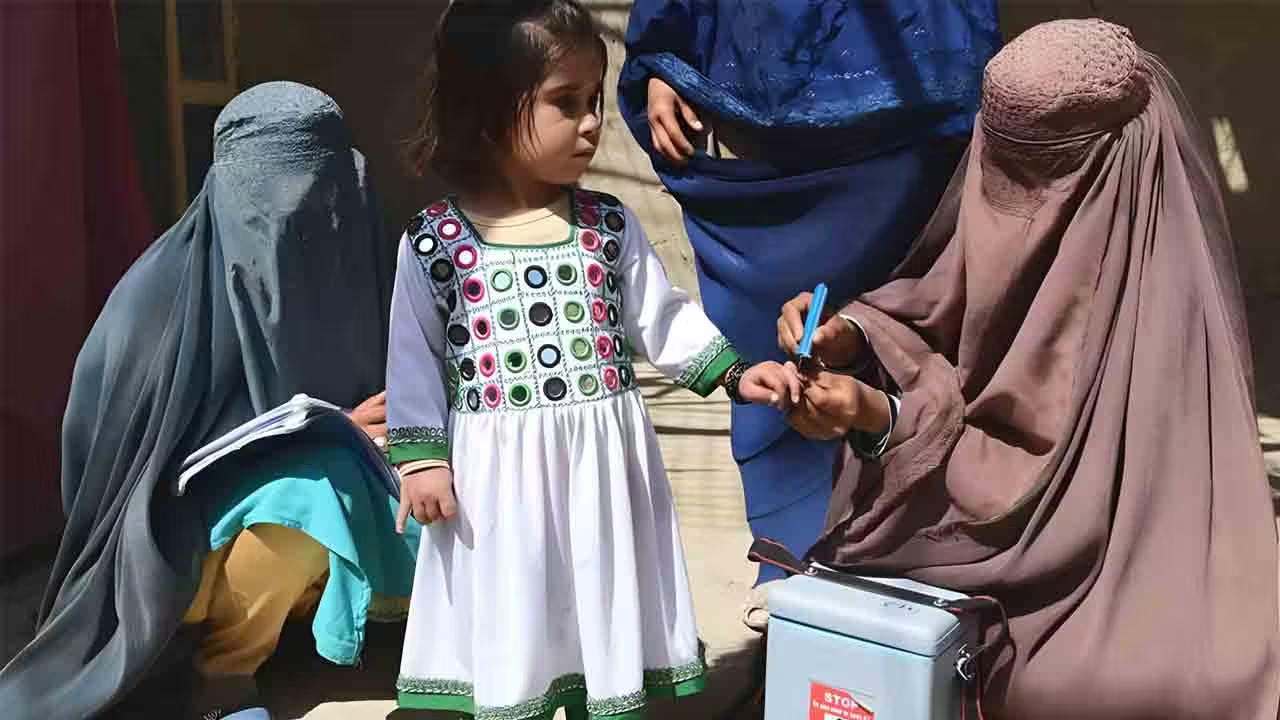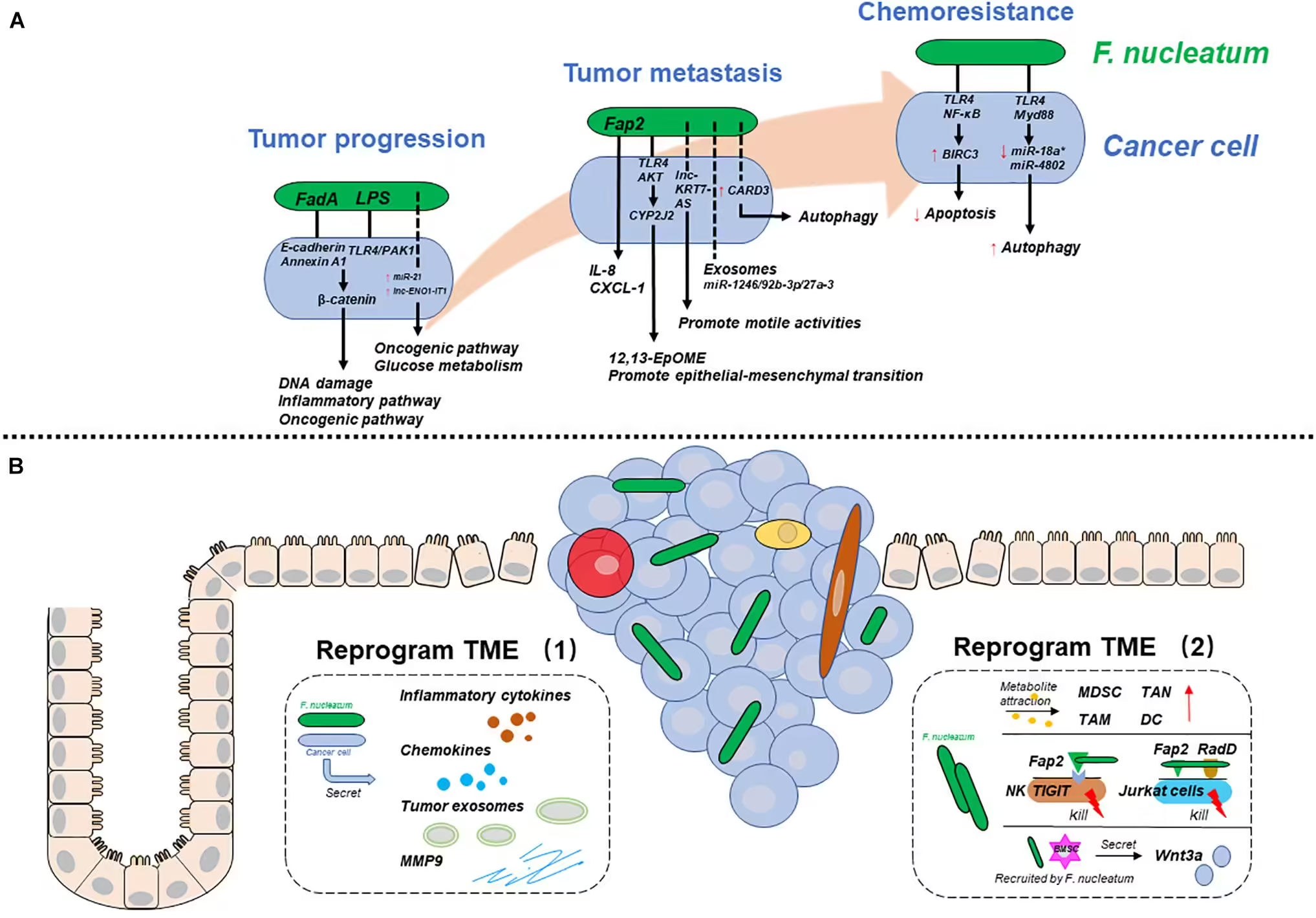The recent suspension of Afghanistan’s anti-polio vaccination campaign has sparked concern among international health agencies, including the World Health Organization (WHO) and the United Nations (UN). News of the abrupt halt was communicated to UN agencies just before the scheduled immunization drive began, leaving many questions unanswered regarding the reasons behind the decision. Officials from the Taliban-controlled government in Kabul were unavailable to provide an immediate response or explanation for the campaign’s suspension.
Context: Afghanistan’s Polio Struggle
Afghanistan remains one of the last two countries in the world where wild poliovirus is still endemic, the other being Pakistan. The polio eradication efforts in Afghanistan have faced several challenges over the years, including political instability, restricted access to certain regions due to security concerns, and opposition from local communities. As of 2024, WHO has confirmed 18 polio cases in Afghanistan, with the majority occurring in the southern parts of the country. This represents an increase of six additional cases compared to the numbers recorded in 2023.
Shift in Vaccination Strategy: From House-to-House to Centralized Locations
According to Dr. Hamid Jafari, a top official affiliated with the WHO’s polio eradication initiative, there has been a recent policy discussion at the government level in Afghanistan regarding a potential shift in the vaccination strategy. Instead of continuing the door-to-door vaccination campaigns, the Taliban administration is considering implementing immunization efforts in centralized locations, such as mosques.
This shift in approach could have significant consequences for polio eradication in the country. Historically, house-to-house vaccination has been the most effective strategy in reaching children in remote and rural areas, especially in conflict zones where families may not have access to healthcare facilities. The new approach, if implemented, might limit the campaign’s reach and effectiveness, particularly in areas where parents are reluctant to bring their children to public places like mosques for vaccination.
Challenges Faced by the Anti-Polio Campaign
Afghanistan’s polio eradication efforts have been heavily reliant on house-to-house campaigns, where health workers go door-to-door to vaccinate children under five. This approach has been critical in ensuring that even children in remote, hard-to-reach, or conflict-affected areas receive the polio vaccine.
However, these campaigns have not been without challenges. Health workers often face threats and resistance from local militias and extremist groups. There have been numerous reports of violence, with polio workers targeted in attacks, which has resulted in the death of several vaccinators over the years. Additionally, misinformation and distrust toward vaccination programs, fueled by rumors and propaganda, have hindered immunization efforts, particularly in areas under the control of the Taliban.
The potential policy shift toward vaccinating children in mosques or other community centers may have emerged as an alternative solution to avoid the dangers associated with door-to-door campaigns. However, it is unclear whether this new approach will be as effective in reaching all the children who need the vaccine, especially in areas where access to centralized locations is limited or where cultural and social barriers prevent families from participating in public health campaigns.
The Role of WHO and Other International Agencies
The WHO has been closely monitoring the situation and is aware of the ongoing discussions regarding changes in the polio vaccination strategy in Afghanistan. The organization has expressed concern about the rising number of polio cases in the country and is advocating for continued efforts to reach every child with the vaccine, regardless of where they are located.
Dr. Jafari noted that WHO is committed to working with the Afghan government and local authorities to find the most effective and safe way to carry out the vaccination campaign. He also emphasized the importance of maintaining the Global Polio Eradication Initiative (GPEI), a partnership between WHO, UNICEF, and other global partners dedicated to eliminating polio.
The Future of Afghanistan’s Polio Eradication Efforts
As Afghanistan grapples with the suspension of its anti-polio campaign, the future of its polio eradication efforts remains uncertain. The proposed shift from house-to-house immunization to vaccination in mosques or other centralized locations may pose new challenges in reaching all vulnerable children, particularly in rural and conflict-prone areas.
The international community, including the WHO, is closely watching the situation and remains hopeful that a solution can be found to resume the campaign and address the rising number of polio cases. Afghanistan’s continued collaboration with global health organizations will be essential to ensure that the country can overcome the obstacles it faces and move closer to eradicating polio for good.



